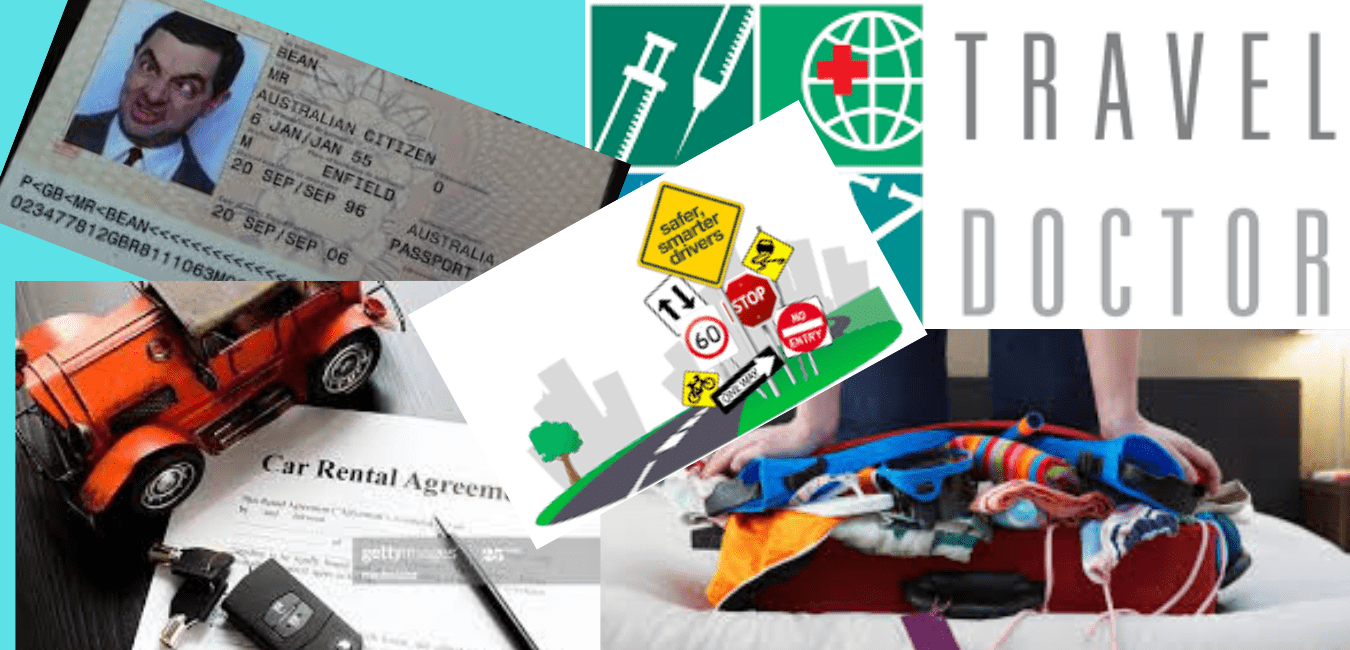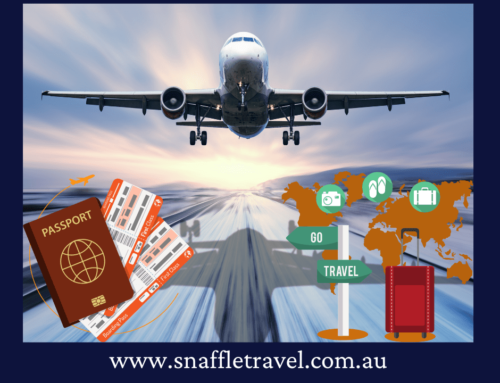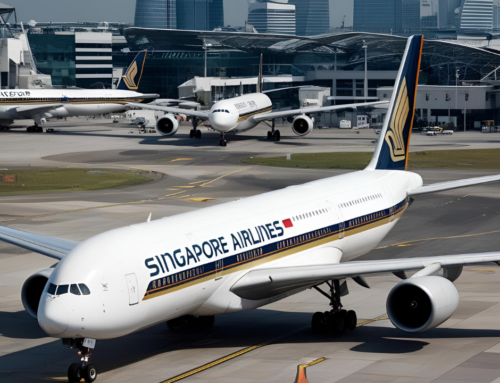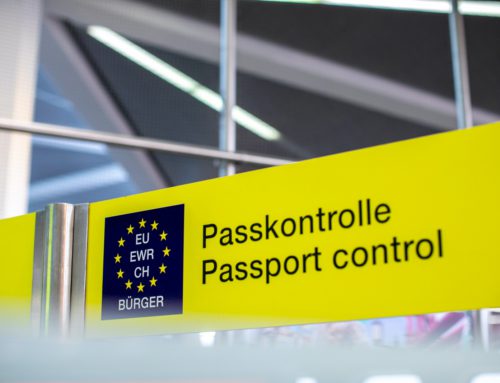Below are some of my essential travel tips that are very important and can save you a lot of headaches.
Essential Travel Tips: Be Prepared for Every Situation
1. Scan, Print, and Email Copies of Your Passport and Identity Papers
Losing your passport or ID can be a traveller’s worst nightmare, but being prepared can ease the stress.
- Carry a Copy: Always keep a printed copy of your passport and identity papers with you, separate from the originals.
- Digital Backup: Scan your documents and email them to yourself. Having them readily available in your inbox ensures you can access them anytime, anywhere.
- Share with Family or Friends: For added security, email a copy to a trusted family member or friend. This can be invaluable in case of emergencies.
- Hotel Check-Ins: Many hotels require a passport copy during check-in, so having one on hand can save time and hassle.
2. Visit a Travel Doctor Before Your Trip
Travelling to a new country exposes you to different water, bugs, and germs, which can sometimes cause unexpected health issues.
- Consult a Specialist: A travel doctor is familiar with health risks in various destinations and can provide tailored advice.
- Vaccinations and Medications: They can recommend necessary vaccines and prescribe preventative medications, such as antimalarials or antibiotics, based on your itinerary.
- ‘Just in Case’ Back-Up: Travel doctors can also provide medications for common travel concerns like traveller’s diarrhoea, altitude sickness, or severe allergies.
- Get a Doctor’s Letter for Prescriptions: If you are travelling with prescribed medications, ask your doctor for a letter outlining your prescriptions and their purpose. This is particularly important if you need to carry controlled substances or medications with syringes or needles.
- Travel Clinics or GPs: Check out a local travel clinic or consult your regular GP for advice before departure.
3. Why You Should Always Leave 1/3 of Your Suitcase Empty
Even if you promise yourself you will not shop while travelling, chances are you will pick up souvenirs, gifts, or unique finds along the way. Leaving some extra space in your suitcase is a smart way to prepare for those unexpected purchases.
- Avoid Overpacking: Resist the urge to fill your suitcase to the brim before your trip. A lighter bag not only gives you room for new items but also makes your luggage easier to manage.
- Plan for Souvenirs: Whether it is local crafts, clothing, or speciality foods, having extra space ensures you can bring home your favourite discoveries without worrying about overweight baggage fees.
- Stay Organised: A partially empty suitcase also makes packing and unpacking more convenient, leaving room for items you may acquire as the trip progresses.
By leaving one-third of your suitcase empty, you are setting yourself up for a stress-free journey and a little extra room for memories.
4. Travel Light: The Key to Stress-Free Train Journeys
Navigating crowded train stations with heavy luggage can be challenging, especially when faced with steep staircases and no lifts in sight. To make your journey smoother, aim to travel with just one suitcase – preferably one with wheels for easy manoeuvring – and a compact day pack for essentials. Packing light not only reduces strain but also allows you to move quickly and comfortably when using trains or public transport.
5. Why Travel Insurance is Essential for Every Trip
Travel insurance is not just an optional extra; it is a must-have for every journey. However, it is equally important to understand your policy so you can make the most of it when needed. Here are some key reasons to always travel with insurance and know your coverage:
- Missed Connections: Did you know a delayed flight that causes you to miss your train might qualify for a refund on car hire or alternative travel arrangements?
- Damaged Gear: Accidents happen, and if your camera, laptop, or other valuables are damaged, many policies offer reimbursement.
- Cancelled Flights: If your flight is cancelled, travel insurance can cover the cost of an additional night’s stay, meals, and transportation, easing the stress of unexpected changes.
Understanding your policy also means you will be better prepared when unexpected situations arise. If you require medical care abroad, for instance, calling your insurer first ensures they can direct you to a trusted hospital, often one of the best in the area.
Important Tip: Be mindful of exclusions. For example, if you are involved in an accident while over the legal alcohol limit, your claim may be denied.
By investing in travel insurance and knowing its details, you are not only protecting your trip but also giving yourself peace of mind.
6. Always Check the Local Road Rules Before Driving Abroad
If you plan to rent a car while travelling, it is essential to familiarise yourself with the local road rules. Driving regulations often differ from country to country, and not knowing them can turn an enjoyable trip into a stressful experience.
Here are some tips to help you prepare:
- Research Beforehand: Take time to look up the road rules of your destination before you travel. Understanding basic laws like speed limits, driving on the left or right side, and signage can save you from potential fines or confusion.
- Ask at the Rental Desk: If you are unsure, ask the car rental staff for advice. They can provide insights into unique local practices, such as roundabout etiquette or toll road systems.
- International Driver’s Licence: For countries where English is not the primary language, you will likely need an International Driving Permit (IDP). In Australia, you can purchase an IDP through the RACV or your state’s motoring organisation. Some Rental companies state this is compulsory even in an English speaking country ie: South Africa.
Being prepared ensures your driving experience is safe and stress-free, allowing you to fully enjoy your trip without unnecessary complications.
7. Why You Should Always Keep Extra Cash Hidden While Travelling
Even the most experienced travellers can fall victim to lost or stolen wallets. To avoid being stranded without funds, it is wise to take a few precautions:
- Hide Some Extra Cash: Keep a small amount of cash hidden in a secure place separate from your wallet. It could be in a travel pouch, a hidden compartment in your bag, or even a pair of travel socks with a secret pocket.
- Carry Multiple Credit Cards: Bring at least two credit or debit cards and store them in separate locations. If one card is stolen or compromised, you will have a backup to access funds.
- Choose Secure Storage: Consider using a money belt, hidden pouch, or travel-safe bags with anti-theft features to keep your cash and cards safe.
Taking these simple steps ensures you are prepared for emergencies and can continue your journey with minimal stress, even if the unexpected happens.
Snaffle Travel is a Tour and Travel company that specialises in Equestrian travel. If you have any questions send us an email at info@snaffletravel.com.au.











Leave A Comment